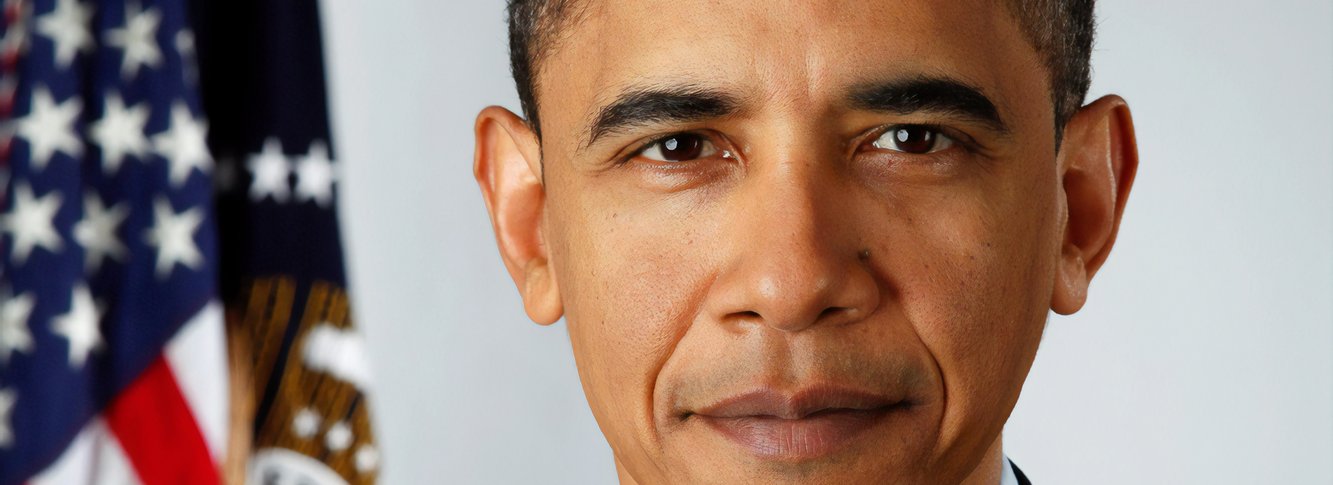| 7 mins read
The Patient Protection and Affordable Care Act (ACA), better known as Obamacare, is the most significant US social policy reform in half a century. It is also the most politically fractious.
Since the law was signed by President Obama, Republicans have mobilised against it, using courts and state governments to undermine the implementation of the legislation, which was set to unfold gradually over a nine‐year period.
The beginning of the Trump presidency in January 2017 marked a turning point in the politics of Obamacare. In his first address to Congress after a widely unanticipated victory in the 2016 election, President Donald Trump called on Congress to “repeal and replace Obamacare … with reforms that expand choice, increase access, lower costs, and at the same time, provide better healthcare”.
The repeal and replacement of was supposed to be the signature accomplishment of the Trump administration's first term. Yet, despite the ACA's weak political support structure, Republican attempts at repeal have failed. An unending political war is still being waged over ACA. Is Obamacare really doomed?
Under fire from all sides
There are several problems with the ACA. Ultimately, it fell short of guaranteeing the universal health coverage that some Democrats hoped for. Both its success and its structure were contingent on pragmatic legislative bargains negotiated by congressional Democrats and unorthodox manoeuvres to guide the legislation through a snarl of committees and procedural obstacles. As a result, the benefits of the ACA were often far from obvious to the public.
Furthermore, opponents found an easy target in the so‐called ‘individual mandate’, which stipulated that those who did not purchase insurance would have to pay a penalty. Finally, in June 2012, the Supreme Court ruled that states are also allowed to opt out of one of Obamacare's most visible and tangible benefits: the expansion of the Medicaid programme to cover individuals up to 138 per cent of the Federal Poverty Line. In total, more than 15 Republican-controlled states have refused to expand Medicaid in protest of the Act.
Because Democrats based their design of the ACA on a fundamentally conservative, market‐based policy template, they have fractured the Republican coalition for repeal. Yet, though it is still alive, the ACA is under fire from all sides – from voters who support more comprehensive reform; from political moderates in Congress who lack confidence in the complex insurance arrangements; from conservative opponents of the ACA in both the White House and in the states have devised ways of weakening the ACA that are more insulated from immediate public disapproval, including weakening consumer protections and introducing work requirements in the Medicaid programme.
The future of Obamacare
Although most of the ACA survived the first year of the Trump presidency, its long‐term future remains uncertain. Four main, interlocking, factors account for this uncertainty.
First, the policy flaws that undermined the ACA's capacity to build a broad‐based self‐sustaining constituency of support largely remain in place. In particular, the prospect of increasing premiums and higher deductible payments in the individual insurance market still looms.
Second, while their legislative efforts to repeal and replace the ACA largely failed, Republicans have proved much more effective in pursuing a ‘death by a thousand cuts’ strategy aimed at gradually undermining the reform. For instance, the Trump administration has used executive authority to withhold payments to insurers; to restrict advertising of ACA‐covered insurance plans; to reduce time for open enrolment; and so on.
Third, although the popularity of the ACA had increased at the beginning of the Trump presidency, the public remains divided over health care reform, and amongst self‐identified Republicans in the electorate, opposition to the ACA remains strong. Hence, the failure to ‘repeal and replace’ in 2017 does not mean that political battle over the future of health care arrangements in the US is over. President Trump himself has predicted that the ACA will implode and that the necessity for a Republican driven reform will then arise.
Finally, there is some political movement trying to shift health care politics in a very different direction. On the left of the Democratic Party, the focus is less on stabilising the ACA than on further expanding coverage, either through a single payer approach or, for more moderate Democrats, via a ‘supercharged’ public option called Medicare Extra. Associated with Senator Bernie Sanders (Independent–Vermont) and his supporters, this push for universal coverage through more direct government intervention is at odds with both Republican policy preferences and the market-oriented policy design of the ACA.
The ACA thus offers a profound lesson about how new policies create a new politics. Even when major social reforms provide benefits to pivotal constituencies (many millions more Americans were insured because of Obamacare: by 2015, the uninsured rate had dropped to 9.4 per cent, compared with 15.1 per cent in 2009), they may also unleash political forces that are difficult to predict and even more difficult to control.
While Democrats believed that a moderate, market‐based reform would pre‐empt Republican attacks while satisfying proponents of more radical change, the ACA only seemed to intensify those hostilities. Eight years after its passage, the law remains a ‘transitional’ policy—built on a market‐oriented base but committed, albeit vaguely, to inclusive and redistributive goals.
What the ACA will transition into remains unclear, but considering the strong ideological and partisan divergence over health care reform, the debate over the future of the ACA is likely to remain on the agenda in coming years. Democrats anticipate that the public will come to see the Trump administration and Republicans as ‘owning’ any further emerging problems, meaning that Democrats will once again be the party called on to fix health care.
Need help using Wiley? Click here for help using Wiley




